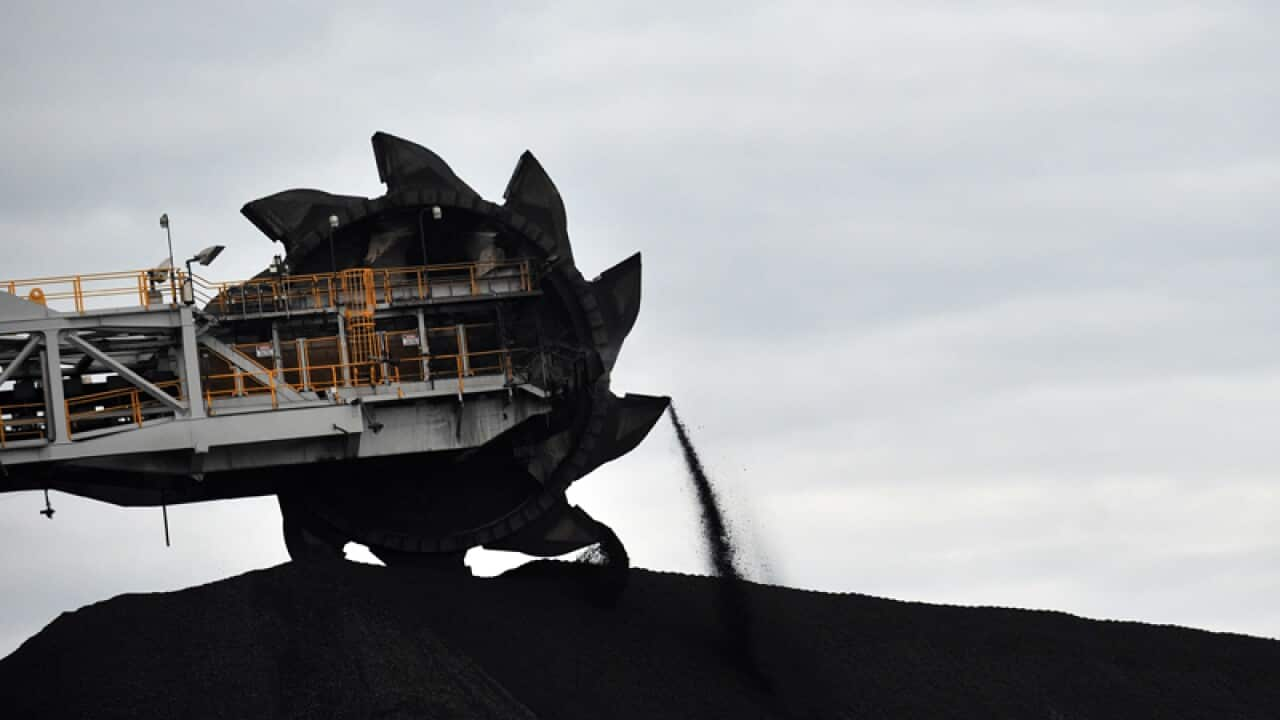After more than six years, numerous legal challenges and extensive debate, the Carmichael Coal Mine and Rail Projects, the largest coal mine in Australia, has been approved.
November 2010:
Adani Mining Pty Ltd began the approval process to establish two new mines and a rail line in the Galilee Basin in north Queensland after then Premier Anna Bligh declared the Carmichael coal mine and rail plan a "significant project" which could generate more than 11,000 jobs.
Related reading
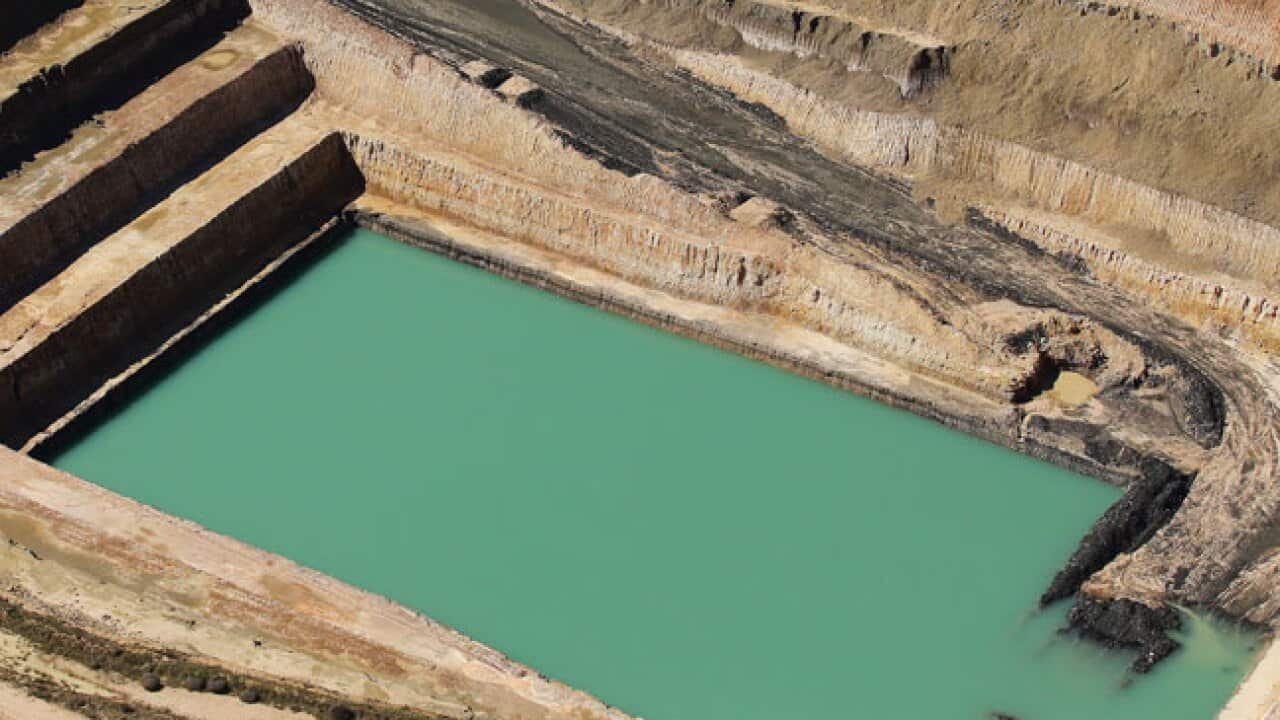
Comment: Why the Galilee Basin is worth worrying about
May 2014:
Then Deputy Premier Jeff Seeney announced the state's coordinator-general approved the $16.5 billion mine and rail project subject to 190 conditions. Final approval rested with then federal Environment Minister Greg Hunt.
Liberal National Party MP Vaughan Johnson, the government's chief whip, has previously raised concerns about the rail route dividing rural properties in central and north Queensland.
"We'll do our best to mitigate those impacts," then Queensland premier Campbell Newman told reporters, adding Queenslanders should be first in line for new Adani jobs.
But the left-leaning Australia Institute think tank said the Carmichael project could put downward pressure on global coal prices and cost jobs at other projects in the Surat and Bowen basins.
Related reading

Indian giant Adani wins rail plan approval
July 2014:
Mr Hunt approves Adani's proposal.
The then Environment Minister was then accused of failing to properly consider Adani's poor environmental record when he approved the Carmichael mine.
The Mackay Conservation Group, which had already begun a Federal Court challenge against the mine, amended its complaint to include the allegations against Mr Hunt.
Related reading
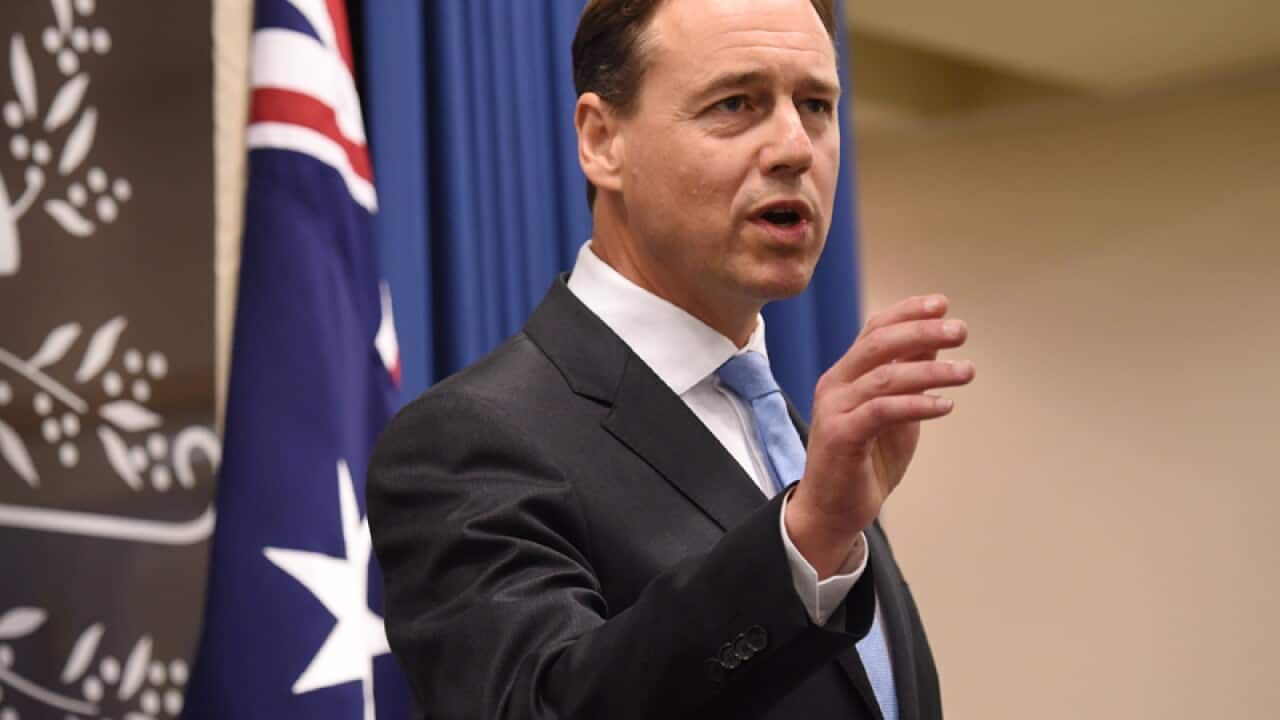
Hunt named in Carmichael mine challenge
March 2015:
Traditional owners rejected an Indigenous Land Use Agreement with Adani.
Adrian Burragubba from the Wangan and Jagalingou Family Council told SBS News his group opposed any existence of the mine in the Galilee Basin.
Related reading
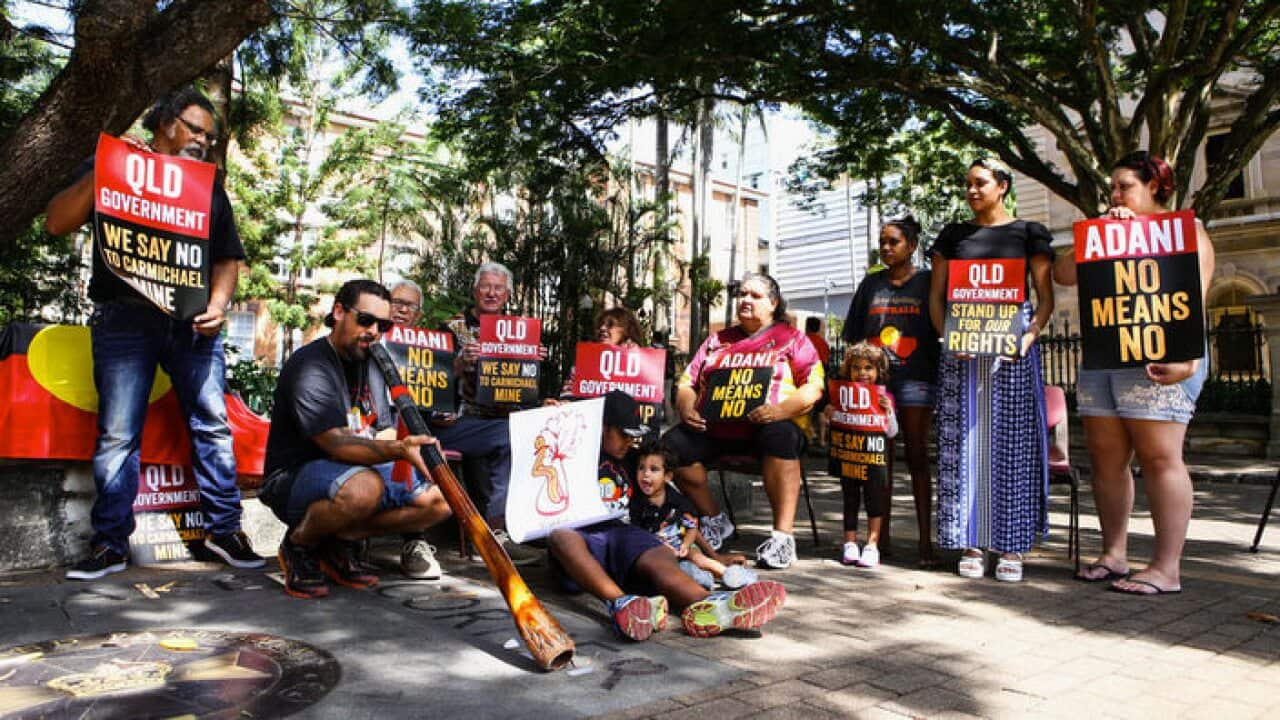
Indigenous protest delays Queensland mine
August 2015:
The Federal Court ruled in favour of a legal challenge by Mackay Conservation Group. MCG said Mr Hunt failed to take into account advice on the threatened yakka skink.
"This Federal Court decision to throw out Minister Hunt's approval is a victory for land and water, biodiversity, the global climate and also for common sense," MCG's co-ordinator Ellen Roberts said.
Adani said the need to finalise the approvals process was "critical" but that it was confident it would be again pushed through.
"Adani is confident the conditions imposed on the existing approval are robust and appropriate once the technicality is addressed," the statement read.
October 2015:
The federal government re-approved the Carmichael coal mine subject to "36 of the strictest conditions in Australian history".
While the number of conditions was similar to the previous approval, Mr Hunt said extra elements had been added.
Then Resources Minister Josh Frydenberg told ABC TV at the time there was a "" to approve the mine.
He said the coal from the project can help lift hundreds of millions of people out of energy poverty in India and across the world.
Wangan Jagalingou traditional owners denounced the decision as "a travesty".
"We will keep fighting for our rights and our culture until this project dies and becomes an ugly memory," spokesman Adrian Burragubba said.
Related reading
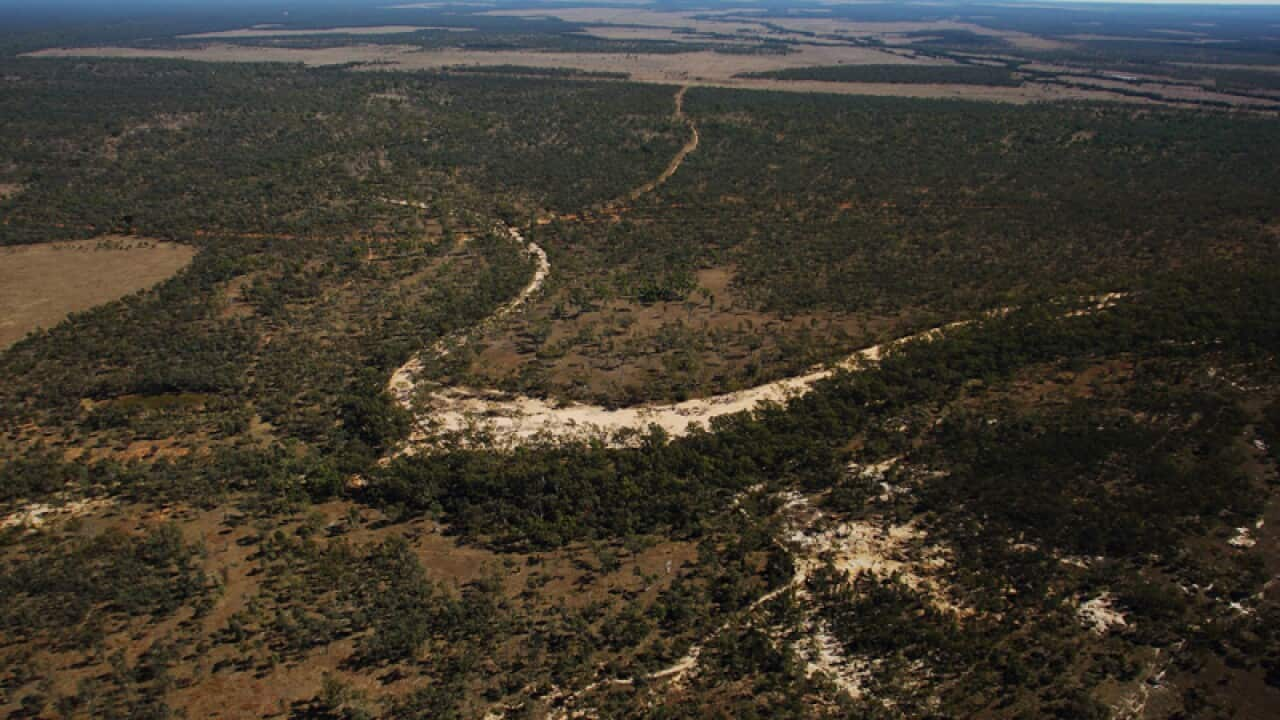
Outrage after government re-approves Adani's Carmichael mine
April 2016:
Queensland government approved thw mining leases for Adani.
Queensland's Mines Minister said he granted mining leases for Adani's controversial coal mine after carefully weighing up the benefits and challenges of the project, including legal action.
Anthony Lynham said he pressed on with the leases for the $22 billion mine, rail and port project because it would create thousands of jobs.
However two interest groups accused the Queensland government of a in granting the mining leases.
Related reading

Minister defends granting of Adani leases
December 5, 2016:
Queensland and federal governments gave final approvals to a rail project associated with the project.
State Development Minister Dr Anthony Lynham urged Queenslanders to consider the $2 billion in mining royalties the state receives from the resources sector.
"This provides for our hospitals, it provides for our schools, our roads, our infrastructure," he said.
The news fuelled a protest of about 150 people outside the commonwealth offices in Melbourne, with conservationists planning to target the Townsville meeting between Gautam Adani and Queensland Premier Annastacia Palaszczuk.
Related reading
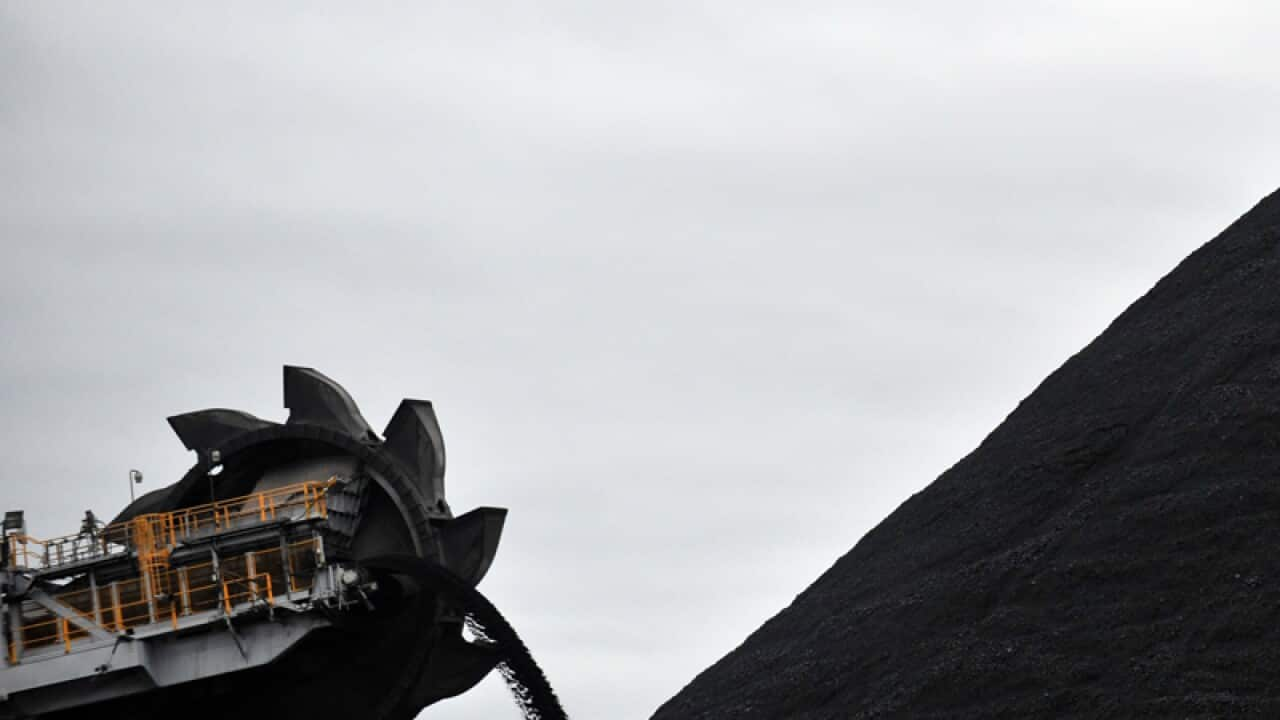
Adani wins final approvals for Qld mine
December 6, 2016:
Queensland Premier Annastacia Palaszczuk met with Adani Chairman Gautam Adani in Townsville. Adani announced construction will begin in June/July 2017.
The Queensland government said it had been given an "iron clad" guarantee from Adani that it would not use 457 visas at its Carmichael mine and would prioritise local workers.
In response to reports Adani could receive a $1 billion loan to build the rail line, the federal government said the loan would only be granted if the company could not raise the money from the private sector.
Resources Minister Matt Canavan said the company was in discussions with various financiers.
Adani spokesman Ron Watson told Fairfax Media the government loan was not "make or break" for the project.
"It's not critical," he said.
"We have obviously applied for it because it's available."

